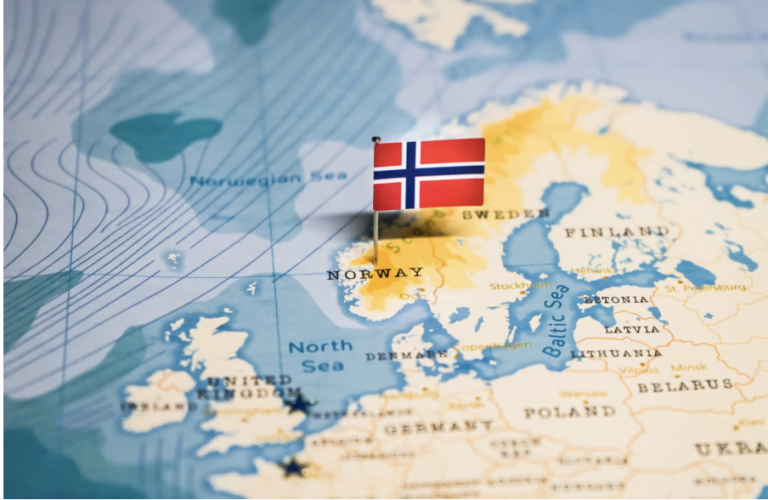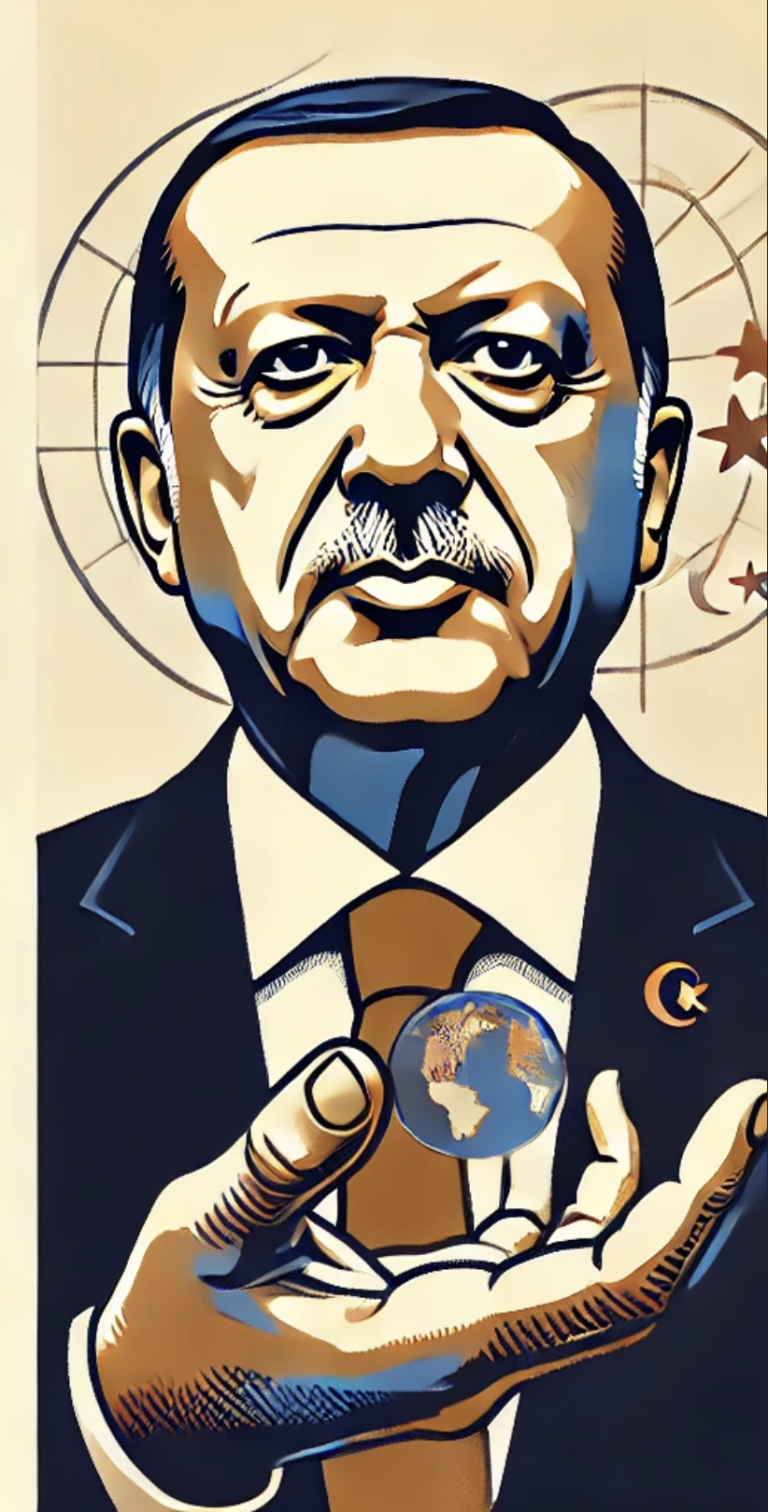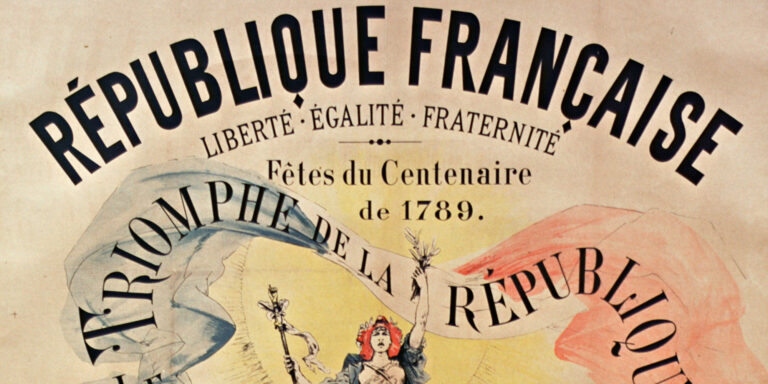By Andrea Tucci,
Norway’s sovereign wealth fund, the world’s largest, has sold its remaining shares, thus divesting from Israel’s largest telecoms company, Bezeq, as it provides telecoms services to the Israeli settlements in the occupied West Bank.
The decision to divest comes after the fund’s ethics watchdog, the Council on Ethics, adopted a new, tougher interpretation of ethics standards for businesses that aid Israel’s operations in the occupied Palestinian territories.
Already In April of this year, a €15 billion Irish sovereign fund ceased investments in six Israeli companies, including some of the country’s largest banks, due to their activities in the occupied Palestinian territories. The Ireland Strategic Investment Fund (ISIF), which also manages a portfolio of liquid international assets, faced pressure from the main opposition party, Sinn Féin, to divest in these assets.
Bezeq, Israel’s largest telecoms group, through its physical presence and provision of telecom services to Israeli settlements in the West Bank, is helping to facilitate the maintenance and expansion of these settlements, which are illegal under international law.

Photo: Bezeq, Israel’s largest telecoms group
The Norway fund noted that Bezeq was allowed to provide telecom services to Jewish settlements in Area C under the 1994 Oslo Accords, which also called for the Palestinian Authority to set up its own telecoms network to Palestinian areas.
The settlements, home to over 700,000 Israelis, are considered illegal by most of the international community, including the European Union and the United Nations. However, Israel argues that these territories are an integral part of its history and national security.
Norway recognized Palestine as a state in May, alongside Spain and Ireland, attracting the ire of Israel.
It is also important to emphasise that three decades ago Norway was a facilitator in the 1992-1993 talks between Israel and the Palestinian Liberation Organization (PLO) that led to the Oslo Accords 1993.
Before the announcement of this divest, the fund had already divested from nine companies operating in the occupied West Bank.
Their operations include building roads and homes in Israeli settlements in East Jerusalem and the West Bank and providing surveillance systems for an Israeli wall around the West Bank.
The case of Bezeq could pave the way for similar decisions by other international financial institutions.
This divestment sends a clear message: operating in the occupied territories entails economic, legal, and reputational risks and could influence other global investors to reevaluate their strategies and take a stand on the ethical issues surrounding the Israeli-Palestinian conflict.




